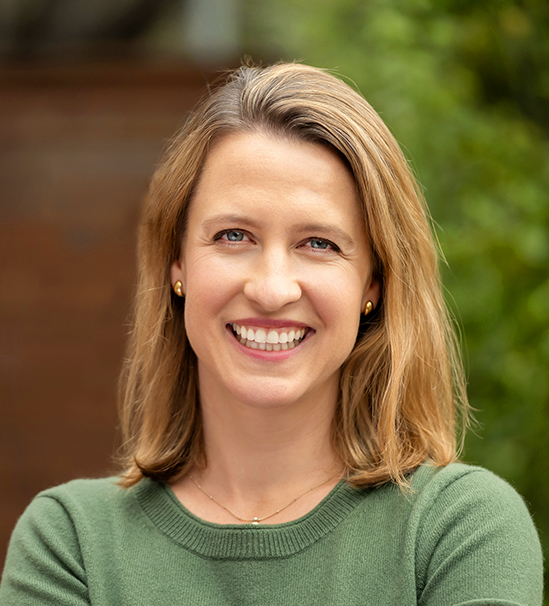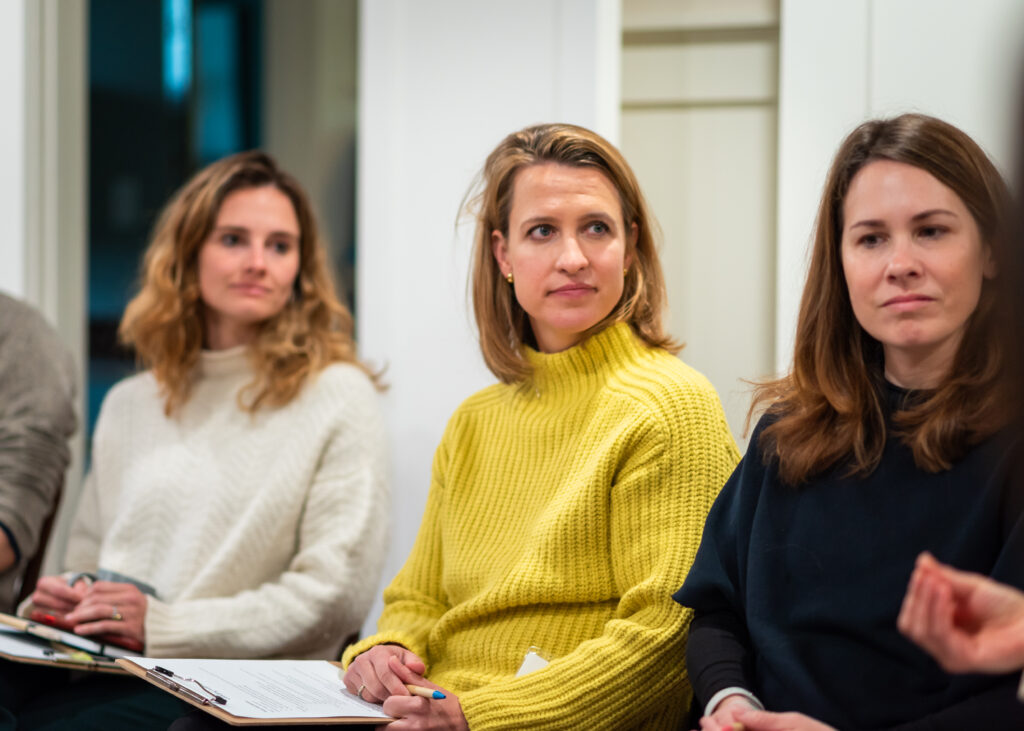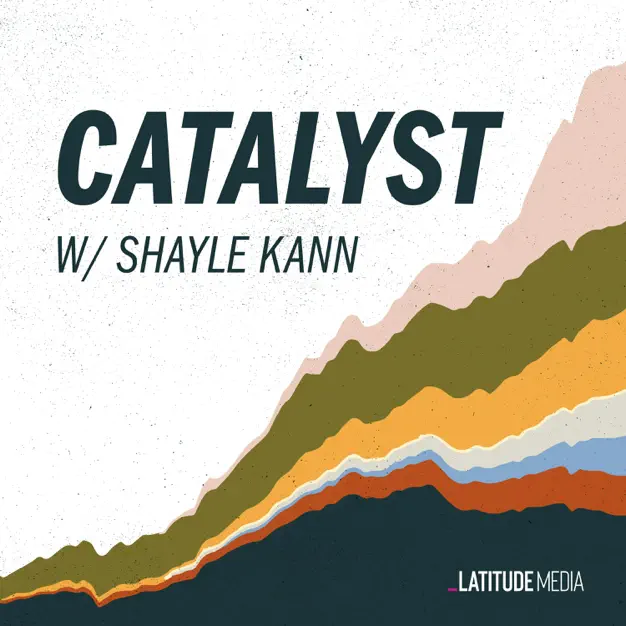
Investing
Victoria
Beasley
Victoria is a Partner at Gigascale Capital and brings over 15 years of experience working at the forefront of climate solutions as an investor, founder, and operator.
Previously, as General Partner at Prelude Ventures, a $1.5B AUM climate fund, Victoria invested in clean energy, mobility, food & agriculture, materials circularity and carbon markets. Her leadership includes board roles at Trove, Persefoni, Meati and Lightship. She previously founded an agriculture supply chain company, led finance in the energy sector and developed climate change strategies at BCG.
Victoria holds an MBA and MS in environment and resources, and a BS in biology from UNC.
closeHow a Talent is Supercharging Climate Tech
Victoria shares how a passion for people has guided her career, the importance of bringing more talent into climate tech, and how climate progress is like a relay race with Kristen, Gigascale’s Head of Communications.
How did you find your way into working in climate tech?
Growing up in North Carolina, I developed a deep connection to nature. My family has farming roots and I spent a lot of time playing in the woods. Growing up, I thought if you liked science, you had to be a doctor, and while I did some work in human health, I was always more interested in the environment.
As a numbers person, I found my way to investment banking. Back then, there were few opportunities to marry finance and environmental impact. So, as I built my career, I was always looking for ways to bridge these two worlds and used to take vacations to attend sustainability conferences. I was totally enamored by the entrepreneurs who believed in building significant businesses while addressing environmental concerns.
Eventually, I was connected to a founder spinning solar technology out of Georgia Tech and decided to join the early-stage startup. I’ve always been one to follow opportunities because of the people, and I knew that I would learn a lot from him about what it meant to use business to drive positive climate impact. Being the head of finance gave me a front seat to see all the pieces come together — science, engineering, sales, business — to scale the technology and company together.
The key thing I took away from my experience in solar, and later when I founded an ag-tech company, is that if a climate solution is going to have an impact at scale, you have to marry science and business. One without the other doesn’t work. I also learned the importance of running at the hardest problems and bringing everyone on the team to bear solving them.

Tell me more about solving the hard problems first. I hear you talk about this often.
An experience at Suniva cemented this for me. In the early days, solar cells were new and expensive because we weren’t yet optimized for economics. It was all about increasing solar efficiency, which meant there was a lot of silver on solar cells. Silver prices were volatile and made it hard to control our unit costs.
From my POV in finance, I knew we needed to figure this out to get to scaled impact. So, whenever I could, I made sure everyone on the team knew we needed to “solve silver” and why. One day, a maintenance tech came to me and shared that he’d been playing around in CAD and figured out how to radically reduce our use of silver. We implemented the changes, and sure enough — it worked.
When you’re building something new, it’s essential to focus on the really hard thing that no one else can do and get that right first instead of spending your time on the obvious and easy things. The tricky thing is the failure point. Get the entire team involved in solving it. You never know where the answers will come from, and that’s another reason I’m so passionate about bringing as many people, disciplines, and points of view into working on climate tech. We truly do need everyone.
What are some trends you’re watching in climate tech?
The influx of talent and the growing number of Ph.D.s and technical founders excites me. It also means there’s a need for investors with real-world hard tech commercialization experience more than ever.
For example, when I was on the solar coaster, funding was drying up as raw material prices spiked and a trade war complicated supply chains. I benefited from investors who were clear-eyed about the realities we faced and had steady hands to guide us through them. Founders who haven’t experienced the ups and downs of building a company need pragmatic, actionable advice from people who have.
And it’s not just about navigating a mega-crisis. There are the more mundane but still critical things, like how do I run an all-hands or set up a 401(k)? Of course, I like working with founders on big strategic stuff. But I get a lot of joy from supporting them day-to-day. They’re doing things that have never been done before. It’s inspiring and means they will get it wrong more than they get it right. My job is to show up for them when they need help navigating the messy experience of entrepreneurship.

Tell me more about why it’s important to build the talent pipeline.
This gets to the heart of what brought Mike, Evaline, and I together to start Gigascale.There’s a consensus that we need solutions and a growing awareness of what those solutions are. But there hasn’t been much emphasis on how we scale. This is where our experience building companies and teams comes to bear. At the end of the day, people scale technology.
Talent is naturally a big part of what’s needed to scale solutions. There are amazing opportunities to build a career and have impact, the best and brightest coming in to work on solutions, and that means we can build faster.
What advice would you give to someone considering a career in climate tech?
Interestingly, I just saw data from Work on Climate that almost 90% of people don’t realize the influence they can have in their professional lives. So, first and foremost, we need people to know they can have an impact through their jobs.
Working on climate solutions can look different for everyone. Some people can contribute from their current roles since many solutions need to be adopted by businesses. For people who want to work directly on scaling solutions, like at a climate tech company, these are real businesses working to modernize massive multi-trillion-dollar sectors. They don’t just need scientists, they need marketers, finance managers, software developers, and people teams just like everyone else.
One last thing. We talk a lot about impacting the future, but our work matters today. Climate solutions are like a relay race. We can now electrify transportation because people before us figured out how to build and deploy solar, delivering clean energy to the grid. The progress made on one solution unlocks the next. So, while big planetary impact is motivating, it helps to remember we get there with small pragmatic steps that lay a foundation for what comes next. Climate progress can be easy to overlook because there aren’t a lot of big, shiny victories. It’s more about putting one foot in front of the other and passing the baton to the next person to carry it forward.
Victoria’s Go To Resources
I tend to spend a lot of time digging into research. Otherwise, podcasts are a great way to get exposure to a lot of ideas in climate tech and I usually direct people to Watt It Takes with Emily Kirsch or Catalyst with Shayle Kann.


